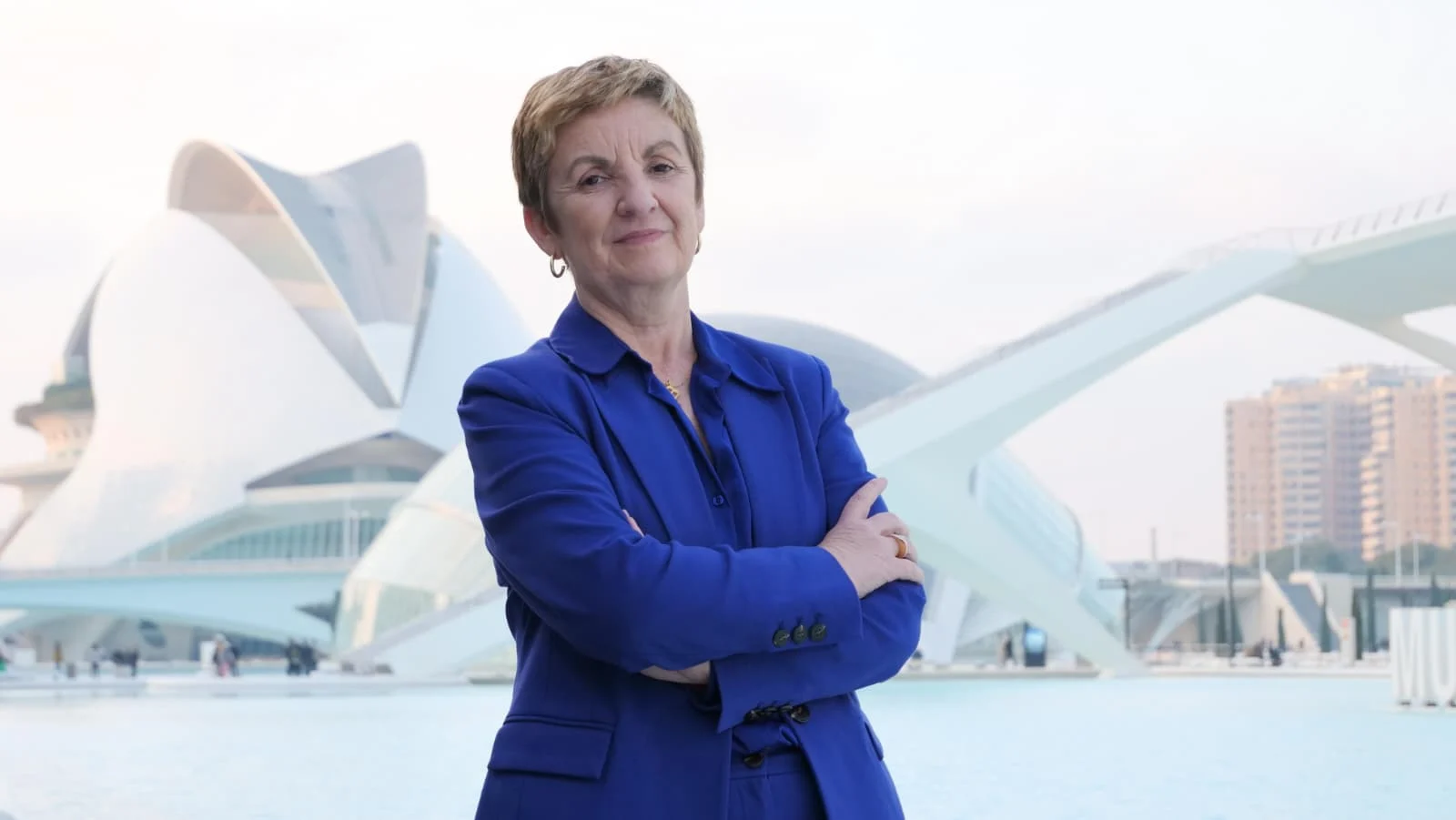
Valencia: The Mediterranean's Emerging Sustainable Culinary Destination
Explore how Valencia is positioning itself as a sustainable, food-focused travel destination with significant growth in tourism.
On the sidelines of WTM London 2025, Travel Media Daily sat down with Marián Cano, Regional Minister for Tourism of the Region of Valencia, to discuss what she describes as a new era of “sustained and sustainable growth.” With visitor spending increasing by 58%, international arrivals up by 25%, and a remarkable 59% rise in North American tourists since 2019, Valencia is not just recovering but is redefining what a Mediterranean success story looks like. Below are edited excerpts from our conversation.
TD: The Region of Valencia has seen remarkable post-pandemic growth, especially from long-haul markets. What is driving this momentum?
MC: Hospitality is part of our identity — what we call the Mediterranean attitude — and visitors feel welcome instantly. But strong results come from strategy. We have increased international arrivals by 25% and spending by 58%, with noteworthy growth from North America and reliable support from our UK market. Connectivity has been essential, with nearly 12 million passengers a year, bolstered by our certified sustainability strategy and the quality of our offerings: more than 500 km of coastline, over 140 Blue Flag beaches, 16 UNESCO recognitions, and exceptional gastronomy, which includes 32 Michelin stars. We are not just growing; we are growing with purpose.
TD: Valencia is the only destination in Spain with a certified tourism sustainability strategy. What does that entail in practice?
MC: Our sustainability model is independently audited by AENOR and aligns with the UN SDGs. We renewed our certification again in 2025 to ensure accountability and trust. We’ve invested over €150 million in climate-resilient tourism infrastructure and services. This commitment has gained international recognition — Valencia was named European Green Capital in 2024, and Benidorm was awarded European Green Pioneer of Smart Tourism. Our clear goal is that tourism must enhance quality of life and long-term resilience, in areas visible to visitors and throughout the entire territory.
TD: Much of your strategy aims to spread tourism beyond the capital. How are you expanding into rural and inland areas?
MC: Our aim is to ensure all areas benefit from tourism throughout the year. With our CreaTurisme program, over 1,000 companies are developing high-value experiences across the region. Wine tourism is a significant growth area with more than 200 curated experiences launched across Castellón, Valencia, and Alicante. We’re also seeing robust growth in nature-based experiences such as hiking and birdwatching. Importantly, tourism is assisting in revitalizing small villages at risk of depopulation by supporting local businesses, heritage, and culture. Inclusive growth is central to our mission.
TD: Digital intelligence is becoming vital for destination management. How are you leveraging technology?
MC: We operate a Tourism Intelligence System that consolidates real-time data from both public and private sources. This facilitates informed decision-making and enhances the visitor experience. Our Smart Tourist Destinations Network — developed over more than a decade — ensures that destinations across Valencia adhere to standards of innovation, accessibility, and sustainability guided by data. Technology strengthens governance and reinforces our commitment to responsible tourism.
TD: What are your priorities at WTM London this year?
MC: The UK is our most strategic international market, accounting for 25% of our arrivals — nearly three million visitors. WTM presents an optimal platform to strengthen airline and trade partnerships. We will showcase sustainability, gastronomy, active tourism, and nature-centric experiences, emphasizing Valencia as a year-round destination. With its mild climate, rich culture, and robust connectivity, the region is well-equipped for both short, frequent leisure trips and longer cultural stays.
TD: What travel trends will shape the Mediterranean moving forward?
MC: Travelers are prioritizing authenticity, sustainability, and meaningful, experience-focused journeys. We anticipate an increase in the frequency of trips throughout the year, alongside growth in nature, sports, wellness, and cultural tourism. Valencia is positioned not merely to adapt, but to lead in this evolution, thanks to its climate, connectivity, diversity, and high-quality offerings.


